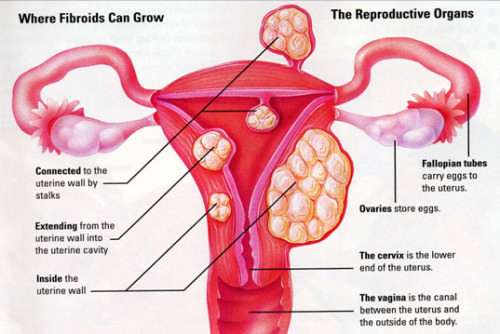Women must prioritize their physical and psychological health. If they experience pain, cramps, and heavy blood flow, they must talk to the best gynecologist in Lahore. The specialist will conduct several relevant tests to diagnose the disease and provide treatment accordingly. The person should not delay their visit as an early diagnosis can help avoid further complications.
Menorrhagia is a condition, in which the woman suffers from heavy menstrual bleeding with unbearable pain and cramps. The patient suffers from periods, pain, and cramps for more than seven days, which affects their overall functioning and mental health. Women above eighteen are at a higher risk of suffering from menorrhagia; however, the treatment is proven effective in reducing pain and a smooth recovery.
The symptoms of menorrhagia are:
- The person experiences heavy bleeding for more than seven days. The flow remains the same throughout the time period.
- The individual struggles, as they have to change the tampon/pad every hour.
- The person can notice that the blood clots appear darker and larger than usual.
- The patient experiences constant pain and cramps for more than seven days.
- Excessive bleeding causes lethargy, inactiveness, and shortness of breath.
The known causes of menorrhagia are:
- Women with hormonal imbalance can notice periods become irregular and there is a drastic change in their blood flow.
- The women may experience heavy bleeding due to dysfunction of the ovaries.
- The individuals with polyps and fibroids are at a higher risk of suffering from heavy bleeding.
- Individuals suffering from adenomyosis suffer from heavy bleeding and experience correlating complications.
- Women who use Intrauterine devices for birth control are at a higher risk of suffering from menorrhagia.
- Individuals with blood relatives suffering from blood disorders are at a higher risk of suffering from menorrhagia.
- The use of certain medications can affect the period cycle and the flow.
- Women with low progesterone are at a higher risk of experiencing heavy bleeding and cramps.
- Elderly women are at a higher risk of suffering from menorrhagia and associated complications.
Complications Associated with Menorrhagia
The complications that correlate with menorrhagia are:
- The women may struggle to conceive. Also, pregnant women may experience a miscarriage due to heavy bleeding.
- The constant changing of pads can cause anxiety. The person may not function adequately, as they constantly remain conscious regarding staining their clothes with blood.
- The person may suffer from anemia and related complications due to excessive bleeding.
Diagnosis
The tests that help diagnose a woman with menorrhagia are:
The specialist will conduct an endometrial biopsy to closely examine the abnormality in the uterine tissue.
The pap smear test help detect infection or inflammation, which indicates that the person is suffering from cancer, which is causing heavy bleeding.
The imaging test helps evaluate the abnormality in the ovaries, uterus, and cervix.
The doctor may perform a hysteroscopy. It is a procedural test in which a thin tube is inserted through the vagina to find any abnormality.
Effective Treatment Options
The medications and procedures that help treat women suffering from menorrhagia are:
- Use of NSAIDs: The medication helps the patient manage the pain and discomfort during menstruation time.
- Use of Antifibrinolytics: The medication slows the breakdown of the clots. It helps the person manage the symptoms and function adequately.
- Use of Oral Contraceptives: The medication helps regulate the normal menstrual cycle without further complications.
- Use of Oral Progesterone: The medication helps balance the hormonal levels in the body causing irregular periods, pain, and discomfort.
- Use of Iron Supplements: The person with excessive bleeding is at a higher risk of suffering from anemia; hence, iron supplements are a must. It will help reduce the chances of further complications.
- Hysterectomy: In severe cases, the specialist may remove the uterus to avoid cancer and other complications.
People suffering from menorrhagia must discuss their symptoms with the best gynecologist in Karachi. The doctor will provide guidance regarding the latest and most effective treatment options for a smooth recovery.

